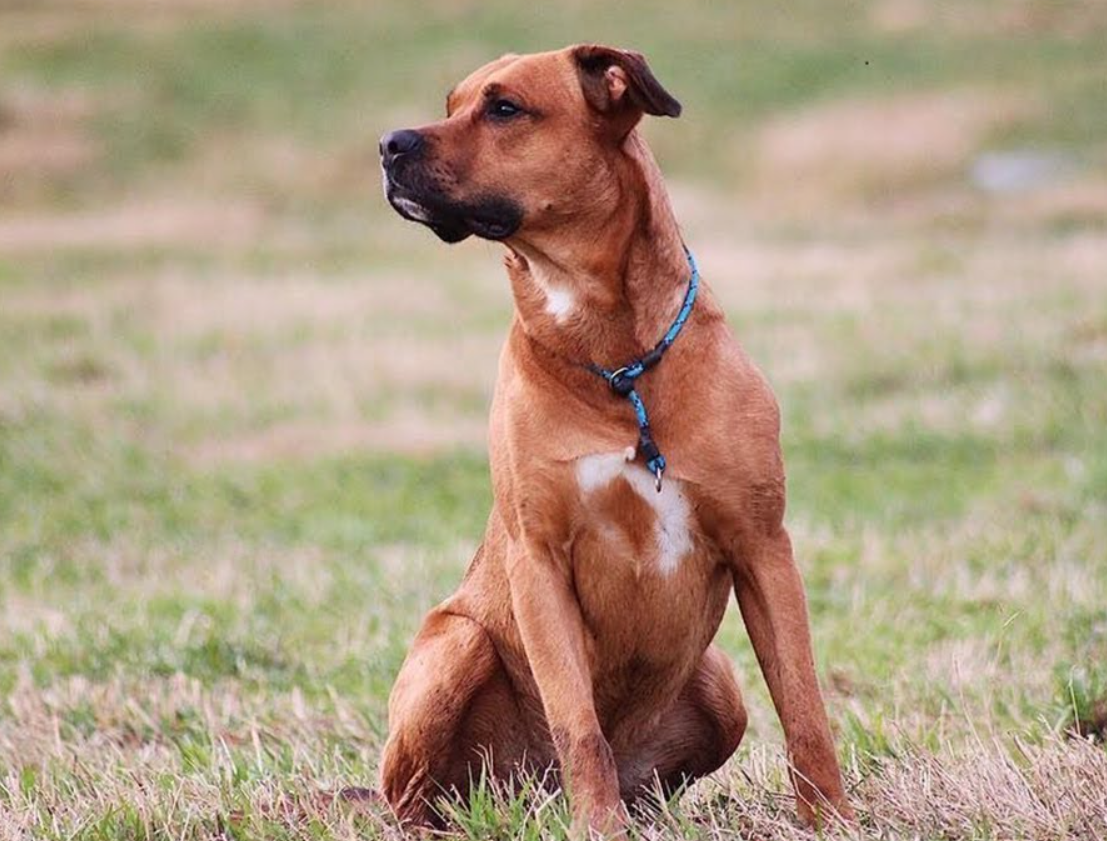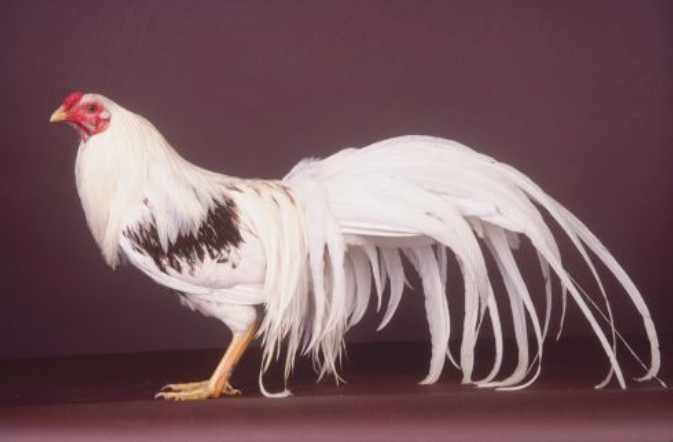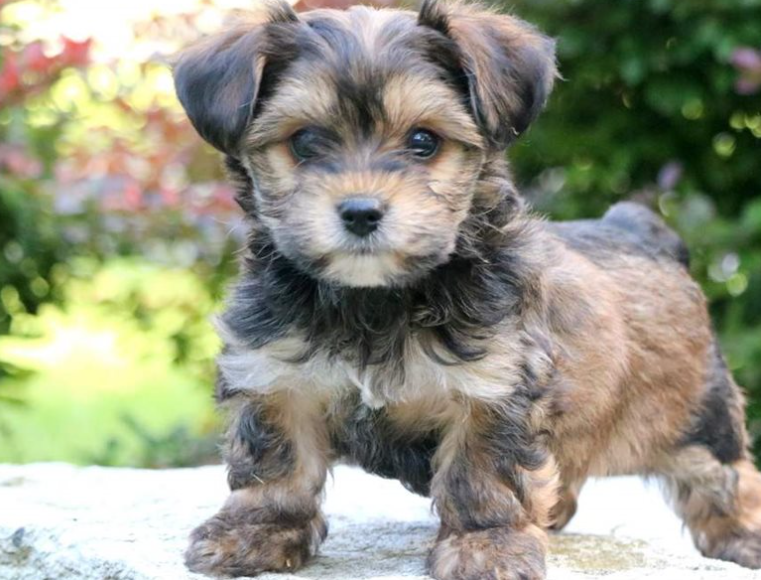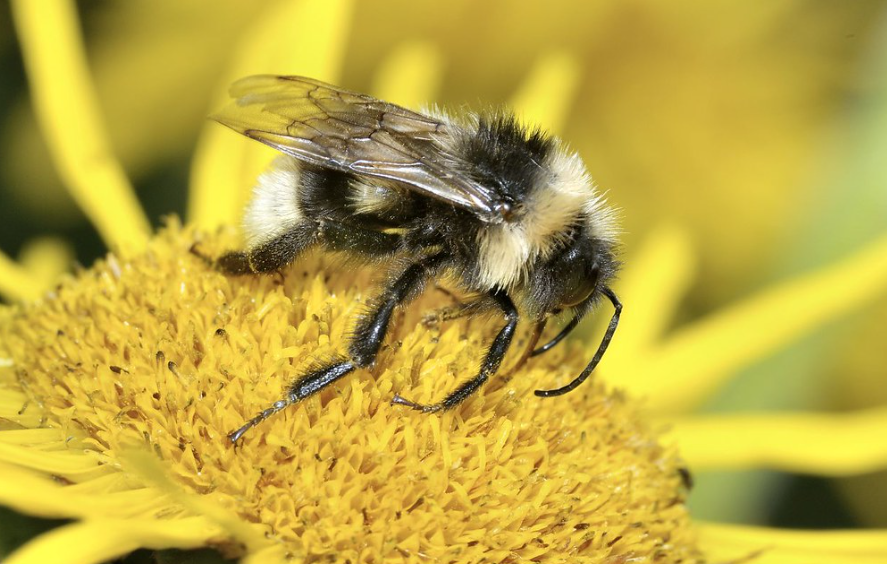
Quick Top 10 Facts about Boxweiler
| SCIENTIFIC NAME | Canis lupus familiaris |
| CLASSIFICATION | KINGDOM: Animalia PHYLUM: Chordata CLASS: Mammalia ORDER: Carnivora FAMILY: Canidae GENUS: Canis |
| SIZE | 21–27 inches tall; 70–100 pounds in weight |
| HABITAT | Domestic – homes with space to play and exercise |
| DIET | High-protein dog food, lean meats, vegetables, and occasional treats |
| SPECIES | Boxweiler – a hybrid of Boxer and Rottweiler breeds |
| COUNTRY | Originated in the United States |
| GESTATION PERIOD | About 63 days |
| LIFE SPAN | 10–13 years |
| CONSERVATION STATUS | Not applicable – domesticated hybrid breed |
Amazing Facts About Boxweilers
1. A powerful designer dog
The Boxweiler is a mix between a Boxer and a Rottweiler, combining strength, intelligence, and loyalty.
2. They are highly protective
This breed is known for being excellent watchdogs and protective of their families.
3. Intelligent and quick to learn
With proper training and socialization, Boxweilers can learn commands quickly and perform well in obedience.
4. They need lots of exercise
Boxweilers are energetic and thrive with daily walks, play, and physical activity.
5. Very affectionate
Despite their large size and tough look, they are very affectionate with their loved ones.
6. Good with children
When socialized early, Boxweilers can be gentle and playful with kids.
7. They shed moderately
They have a short coat but do shed, so occasional grooming is needed.
8. Can be wary of strangers
Early socialization is important to reduce suspicion or aggression toward unfamiliar people or animals.
9. Great for experienced dog owners
Because of their strength and protective instincts, they do best with confident, experienced handlers.
10. Loyal and family-oriented
Boxweilers are deeply loyal and happiest when surrounded by their human pack.
Popularity and unique characteristics of the Boxweiler Dog
A hybrid dog breed created by crossing a Boxer with a Rottweiler is called a Boxweiler. Because of this special combination, the dog has characteristics from both parent breeds, which makes it a multipurpose and well-rounded friend.
Distinctive features, such as their strong build and muscular physique
The Boxweiler is renowned for having a robust posture, a well-defined chest, and an athletic physique. Its ears are typically medium-sized and may be upright or floppy. Its skull is large with a strong jawline. A Boxweiler’s coat, which is usually thick and short, offers insulation and protection from a variety of weather situations.
Typical temperament of a Boxweiler Dog
The Boxweiler is often regarded as having a clever, devoted, and protective nature. It has a reputation for being an excellent family dog, as it gets along well with kids and can be very loving with its owners. But it’s vital to remember that this breed needs early socialisation and training to guarantee appropriate conduct and avoid any possible hostility.
Importance of regular physical activity for this breed
Regular exercise is necessary to keep the Boxweiler intellectually and physically active. It is advised to avoid boredom and disruptive conduct by getting regular walks, playing, and using interactive toys. This breed, which enjoys learning and being given tasks to do, also benefits from mental challenges and obedience training.

Common health issues associated with Boxweiler Dog
Potential owners of Boxweilers should be informed of the breed’s particular health concerns, as with any dog breed. Hip dysplasia, cardiac difficulties, and several cancers are among the prevalent health conditions that may impact this breed. A balanced diet, regular exercise, and veterinarian examinations may all contribute to a Boxweiler’s general health and wellbeing.
Importance of early training and socialization for Boxweiler Dog
All things considered, the Boxweiler is an intriguing crossbreed that embodies the greatest traits of the Rottweiler and Boxer. For the correct owner or family, the Boxweiler may be a superb companion due to its intellect, flexibility, and devoted and protective attitude. But keep in mind that every dog is unique and that socialisation, training, and upkeep are necessary for a happy, well-mannered Boxweiler.
Boxweiler Dog as a potential pet or companion
Overall, the Boxweiler is a wonderful and versatile breed that can be a loyal and loving companion for the right owner. They thrive in an environment where they receive plenty of love, attention, and mental stimulation. If you are considering adding a Boxweiler to your family, make sure you are prepared to meet their exercise, training, and socialisation needs.
Fascinating facts about Boxweiler Dog
Boxweiler is a hybrid dog breed that is a cross between a Boxer and a Rottweiler. This mix breed combines the best traits of both parent breeds, resulting in a loyal, intelligent, and protective companion. If you are considering getting a Boxweiler or simply want to learn more about this fascinating breed, here are some interesting facts to know:
General appearance of a Boxweiler Dog
The Boxweiler is a large and muscular dog with a strong build. They typically have a broad head, a strong jaw, and a well-defined muzzle. Their eyes are usually dark and expressive, and their ears can be either floppy or erect. The coat of a Boxweiler is short, dense, and can come in a variety of colours, including black, brindle, or brown.
Typical temperament of a Boxweiler Dog
Boxweilers are known for their protective nature and loyalty to their families. They are often wary of strangers and make excellent guard dogs. However, early socialisation and training are crucial to ensuring that they are well-behaved and friendly towards other animals and people. With proper training, they can be gentle and affectionate companions.
Importance of regular physical activity for this breed
Due to their high energy levels, Boxweilers require regular exercise to keep them physically and mentally stimulated. Daily walks, play sessions, and interactive toys are essential to prevent boredom and destructive behaviour. They also enjoy participating in activities such as obedience training, agility, and even swimming.
Need for mental stimulation and training
Boxweilers are intelligent dogs that are eager to please their owners. They respond well to positive reinforcement training methods and enjoy learning new commands and tricks. However, they can be strong-willed at times, so consistent and firm leadership is necessary. Early training and socialisation are crucial to ensuring they grow up to be well-mannered and obedient dogs.
Importance of regular veterinary check-ups
As with any dog breed, Boxweilers can be prone to certain health issues. Some common health concerns include hip dysplasia, heart problems, and certain types of cancer. Regular veterinary check-ups, a balanced diet, and regular exercise can help maintain their overall health and well-being.
Need for human companionship and social interaction
Boxweilers can make excellent family pets and are generally good with children. However, due to their large size and protective nature, supervision is necessary when they interact with young children. They are also known to be good with other pets if they are properly socialised from a young age.

Lifespan of a Boxweiler Dog
The average lifespan of a boxer is typically between 10 and 12 years. Providing them with a healthy diet, regular exercise, and proper veterinary care can help ensure they live a long and fulfilling life.
Guidance on grooming practices, such as brushing and bathing
Boxweilers have a short and low-maintenance coat that requires minimal grooming. Regular brushing to remove loose hair and occasional baths are usually sufficient to keep their coat clean and healthy. Additionally, routine dental care, nail trimming, and ear cleaning are essential parts of their grooming routine.
FAQ (Frequently Asked Questions) about Boxweiler Dog
Q: What is a Boxweiler?
Ans: The Boxweiler is a hybrid dog breed, a cross between a Boxer and a Rottweiler. Known for their strength, loyalty, and protective instincts, Boxweilers are large, intelligent dogs that make excellent family guardians and companions when properly trained and socialized.
Q: What do Boxweilers look like?
Ans: Boxweilers often inherit a muscular build from both parent breeds, with a short to medium-length coat that can be black, brown, brindle, or a mix. They typically have the strong jaw and expressive eyes of a Boxer combined with the sturdy frame of a Rottweiler.
Q: How big do Boxweilers get?
Ans: Boxweilers are large dogs. Adult males usually weigh between 70 to 100 pounds (32 to 45 kg), while females are slightly smaller. They typically stand around 21 to 27 inches (53 to 69 cm) tall at the shoulder.
Q: What is the temperament of a Boxweiler?
Ans: Boxweilers are known for being loyal, protective, and affectionate with their families. They are intelligent and eager to please but can be strong-willed. Early training and socialization are essential to ensure they are well-mannered and balanced dogs.
Q: Are Boxweilers good with children?
Ans: Yes, with proper socialization, Boxweilers can be great with children. They are affectionate and playful but should always be supervised around young kids due to their large size and strength.
Q: Do Boxweilers need a lot of exercise?
Ans: Yes, Boxweilers are high-energy dogs that need regular exercise to stay physically and mentally fit. Daily walks, playtime, and mentally stimulating activities are essential to prevent boredom and destructive behavior.
Q: Are Boxweilers easy to train?
Ans: Boxweilers are intelligent and can be trained effectively with consistency and positive reinforcement. Due to their protective instincts, early obedience training and exposure to different people and environments are recommended.
Q: Do Boxweilers shed a lot?
Ans: Boxweilers have short to medium coats that shed moderately. Weekly brushing can help control shedding and keep their coat healthy. They are relatively low-maintenance in terms of grooming.
Q: Are Boxweilers good guard dogs?
Ans: Yes, Boxweilers are naturally protective and make excellent guard dogs. They are loyal to their families and will alert and defend against intruders if necessary. However, proper training is crucial to ensure this protective nature is well-managed.
Q: How long do Boxweilers live?
Ans: The average lifespan of a Boxweiler is around 10 to 14 years. A healthy diet, regular exercise, routine vet checkups, and a loving home can help them live a long and healthy life.
#Boxweiler #BoxerRottweilerMix #LargeDogBreed #FamilyGuardDog #HybridDogs #DogTraining #DogLovers #ProtectiveDogs #EnergeticDogs #CompanionDogs
Our sources and references about Boxweiler Dog
1: Dog Breed Info – Boxweiler
2: PetGuide – Boxweiler
3: WagWalking – Boxweiler
4: Hepper – Boxweiler Dog Breed Info


